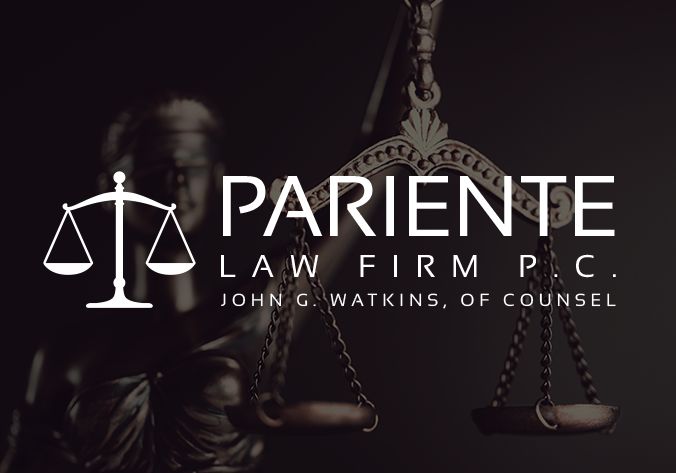The risk of leaving a child alone in a car under any circumstances is significant and unpredictable. Between the danger to the child and the legal penalties that can occur in cases where harm does come to the child in question, the negative outcome greatly outweighs the reasoning that often leads to these situations. We encourage everyone who finds themselves in a position in which one choice may lead to the possible harm of a child to always opt for the safest and most responsible decision.
That being said, there are cases in which unfortunate outcomes arise from situations that are defensible in some way. Anyone who has been charged with leaving a child unattended in a car should contact an attorney immediately to discuss the legal options available to them. Below we’ve compiled information that may be useful to anyone charged with this crime, including the legal definition and specific parameters of what constitutes an illegal act, as well as the penalties and possible defenses.
Legal Definition of Leaving a Child Unattended in a Motor Vehicle (NRS 202.575)
 Nevada defines this crime as a situation in which “a parent, legal guardian or other person responsible for a child who is 7 years of age or younger” knowingly and intentionally leaves that child in a car under the following circumstances:
Nevada defines this crime as a situation in which “a parent, legal guardian or other person responsible for a child who is 7 years of age or younger” knowingly and intentionally leaves that child in a car under the following circumstances:
- When conditions are present which present a significant risk to the health and safety of the child. This most often means weather conditions that could be harmful to a child who is exposed to them for even a short amount of time. We often associate this kind of crime with extreme heat, but leaving a child in extreme cold can be just as dangerous.
- When the engine of the car is still running or when the keys to the car are still in the ignition.
There is an exception to this listed in the statute, which is when the child is left under the supervision and within sight of a person who is at least 12 years old. Criminal charges also do not apply to cases in which the child was accidentally locked in a car.
Penalties for Leaving a Child Unattended in a Car
The penalties for a conviction of this crime will vary significantly based on the outcome and circumstances surrounding it.
For convicted cases in which a child 7 years of age or younger was intentionally left unattended in a car and no injury occurred, the crime is a misdemeanor with penalties as follows:
● Up to 6 months in county jail
● Possible fines up to $1,000
In some cases, particularly when this is a first offense and no harm has occurred, the court may suspend proceedings to allow you to attend an educational course on the dangers of leaving a child unattended or inadequately attended in a car. If you successfully complete one of these courses and provide proof of your completion to the court, the judge may decide that the proceedings against you should be dismissed.
For Cases Which Have Resulted in Injury or Death
The penalties in cases where the child left unattended in a car has suffered injury or has died due to the conditions in which they were left are much more severe.
If the child did sustain any injury, the convicted charge becomes a category B felony under NRS 200.508, which covers crimes of child abuse, neglect and endangerment. In this case, intentionally leaving a child aged 7 or younger unattended in a car would be considered a willful act of endangerment. The penalty for this is as follows:
- From 2 to 20 years in Nevada state prison
If the child dies as a result of being left unattended in a car, the charge may be second-degree murder or involuntary manslaughter. If convicted as one of these charges, the penalties are as follows:
Second Degree Murder is a category A felony.
Penalties are as follows:
- Life in prison with the possibility of parole after 10 years or
- 25 years in prison with the possibility of parole after 10 years
Involuntary Manslaughter is a category D felony.
Penalties are:
- From 1 to 4 years in Nevada state prison
- Possible fines of up to $5,000
Possible Defenses to Charges of Leaving a Child Unattended in a Car
The laws in Nevada that apply to leaving a child unattended in a car cover a fairly limited set of circumstances, which does allow room to build a defense against this charge. The most commonly applicable defenses to this alleged crime include the following:
- Honest Lack of Intention – Accidents of this nature really do happen and in cases where a child is unintentionally left in a vehicle, especially when the child did not suffer harm from the incident, you may not be legally liable for what is legally defined as a crime that is committed with intention.
- Evidence of an Intentional Act is Insufficient – If the prosecution fails to provide enough evidence to prove that the act in question was committed knowingly and with intention, then a conviction cannot be made and the charges against you may be dropped.
- Conditions Were Not Dangerous – Cases of this nature usually occur after a child has been left unattended in what can clearly be considered dangerous conditions. This usually relates to situations in which the weather is very hot or very cold, or when the child is left in the car with the keys in the ignition. However, if none of these factors apply to the charges against you, you may not be guilty of actually placing your child at what could be considered significant risk.
If you or someone you care about has been charged with leaving a child unattended in a car, you should contact our offices today. We offer case evaluations to help you determine what your best legal options may be and our experienced, professional attorneys want to hear your side of the story.




